Illumination – The Direct Path of Shri Atmananda Krishna Menon
$28.00
Illumination The Direct Path of Shri Atmananda Krishna Menon Course [Instant Download]
📚 PROOF OF COURSE

1️⃣. What is The Direct Path of Shri Atmananda Krishna Menon:
The course, “Illumination – The Direct Path of Shri Atmananda Krishna Menon,” serves as a profound exploration into the nature of consciousness through the teachings of Shri Atmananda Krishna Menon. This unique offering distills the essence of Advaita Vedanta into practical, observable experiments designed to challenge and refine your understanding of self and reality. Presented on two DVDs, this course encapsulates over three and a half hours of insightful dialogue between Greg Goode and Chris Hebard, who delve deep into Menon’s philosophy.
Shri Atmananda, a lesser-known yet significant figure alongside contemporaries like Ramana Maharshi and Nisargadatta Maharaj, provides a direct approach to recognizing consciousness as the only reality. The course meticulously guides participants through various experiments, emphasizing the importance of direct experience over theoretical knowledge. Each session is crafted to bring participants closer to a real-time understanding of how perceptions and sensory experiences shape our reality, ultimately pointing back to the singular truth of our existence as pure consciousness.

2️⃣. What you will learn in The Direct Path of Shri Atmananda Krishna Menon:
In this course, you will engage directly with the core principles of Advaita Vedanta as taught by Shri Atmananda Krishna Menon. Here’s what you’ll learn:
- Understanding Consciousness: Grasp the fundamental teaching that consciousness is the sole reality, and all else is perception.
- Practical Experiments: Participate in guided experiments to observe and understand how your perceptions influence your reality.
- Deconstructing Sensory Experiences: Learn to differentiate between what is perceived through senses and what is actual.
- Investigative Techniques: Develop skills in investigative learning to question and understand the nature of physical objects and sensory data.
- Philosophical Insights: Gain insights into Atmananda’s philosophical teachings about the nature of self and existence.
The structure of the course is designed to transform theoretical knowledge into direct, actionable understanding through engaging, practical methods.
3️⃣. The Direct Path of Shri Atmananda Krishna Menon Course Curriculum:
The curriculum of “The Direct Path of Shri Atmananda Krishna Menon” is detailed and immersive, designed to guide you through a comprehensive understanding of consciousness. Here are the key components:
- DVD 1:
- Definitions and Fundamental Concepts
- The Cartesian Model and its Implications
- Sensory Perceptions and Reality
- Deconstructing the Experience of Physicality
- DVD 2:
- Experiments on Perception
- Discussions on the Nature of Awareness
- Investigative Techniques to Uncover True Nature
- The Role of Awareness in Experience
Each section is supported by practical experiments and discussions, ensuring that learners can apply these teachings to their daily experiences.
4️⃣. Who is Illumination?

Illumination is not just a name; it is a beacon of knowledge in the realm of digital transformation and data management. Founded in 2006, Illumination Works has established itself as a leader in big data, advanced analytics, and cloud computing. Under the leadership of CEO and Chief Technology Officer Jon Mitchell, the company has thrived by embracing innovation and fostering a culture of inquiry and excellence.
Jon Mitchell, at the helm, embodies the spirit of dedication and passion for technology. His vision for Illumination Works is deeply rooted in the belief that technology can transform businesses by unlocking the power of data. The company prides itself on its commitment to delivering cutting-edge solutions that enable clients to harness the full potential of their information assets.
At Illumination Works, the focus is on people—both the team of experts who drive the company’s success and the clients whose challenges they strive to solve. The company’s approach is deeply user-centric, tailoring solutions to meet the unique needs of each client and ensuring that every project reflects the highest standards of quality and innovation.
5️⃣. Who should take this course?
Ideal Candidates for This Course:
- Aspiring Philosophers: Individuals interested in deepening their understanding of Advaita Vedanta and philosophical inquiries.
- Spiritual Seekers: Those on a quest to understand the nature of consciousness and self.
- Practitioners of Mindfulness: Anyone engaged in practices like meditation or yoga that explore the nature of the mind and reality.
- Academic Students: Students studying philosophy, theology, or psychology who wish to expand their perspectives with practical, experiential learning.
- Curious Minds: Anyone intrigued by the profound questions about existence and reality.
This course is designed for those who are ready to challenge their perceptions and deepen their understanding of reality through direct experience and practical experimentation.
6️⃣. Frequently Asked Questions:
Q1: What is Advaita Vedanta in simple words?
Advaita Vedanta is a school of Indian philosophy that teaches that the true nature of reality is non-dual, meaning there is no separation between the individual self and the ultimate reality, which is pure consciousness. It emphasizes that by understanding this non-duality, one can realize their true self.
Q2: What is the main principle of Advaita Vedanta?
The central principle of Advaita Vedanta is the concept of ‘non-duality’, which suggests that the individual soul (Atman) and the universal soul (Brahman) are one and the same. This philosophy teaches that the perception of a separate identity is an illusion, and true enlightenment comes from realizing this fundamental unity.
Q3: What is the difference between Buddhism and Advaita Vedanta?
While both Buddhism and Advaita Vedanta emphasize the realization of a deeper reality beyond the apparent world, they differ in their fundamental views. Buddhism does not recognize an eternal soul or self, whereas Advaita Vedanta asserts that the self is real and identical to the ultimate reality, Brahman.
Q4: What is the goal of Advaita?
The goal of Advaita Vedanta is self-realization or enlightenment. This is achieved by recognizing the true nature of one’s self as pure consciousness, and understanding that this consciousness is the same as the ultimate reality. This realization leads to liberation from all forms of mental and spiritual suffering.
Q5: What is a practical experiment in the context of Advaita Vedanta?
In the context of Advaita Vedanta, a practical experiment typically involves direct inquiry and introspective techniques that help individuals experience the non-dual nature of reality. These experiments are designed to question and ultimately transcend the ordinary perception of separation between the self and the rest of the universe.
Be the first to review “Illumination – The Direct Path of Shri Atmananda Krishna Menon” Cancel reply
Related products
NLP - Self-help - Dating
Dr William Horton – NLP Basic Practitioner Certification Course
NLP - Self-help - Dating
NLP - Self-help - Dating
NLP - Self-help - Dating
NLP - Self-help - Dating
Sal Buscemi (Dandrew Media) – Institutional Intelligence: Sales Desk Scripts
NLP - Self-help - Dating
NLP - Self-help - Dating
NLP - Self-help - Dating

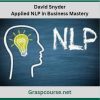


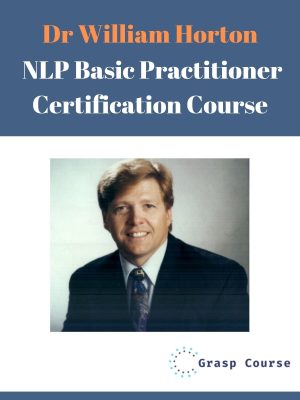
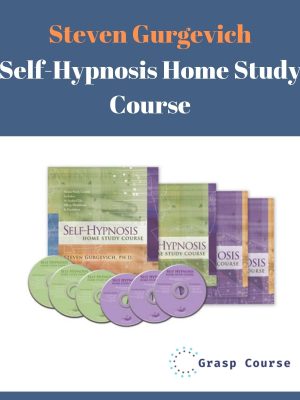
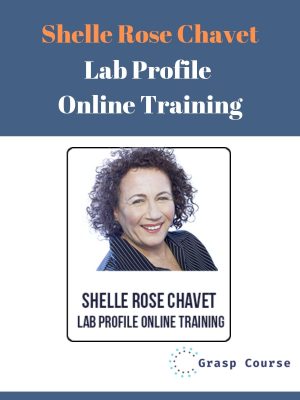


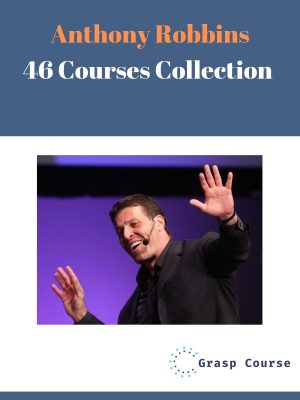
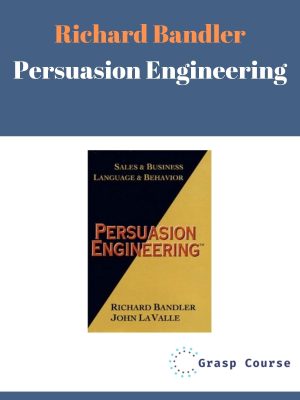
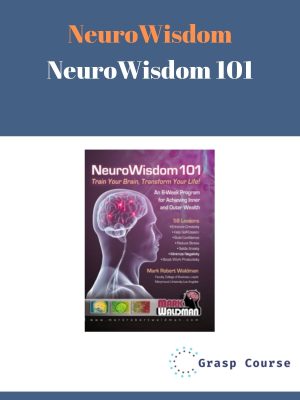
Reviews
There are no reviews yet.